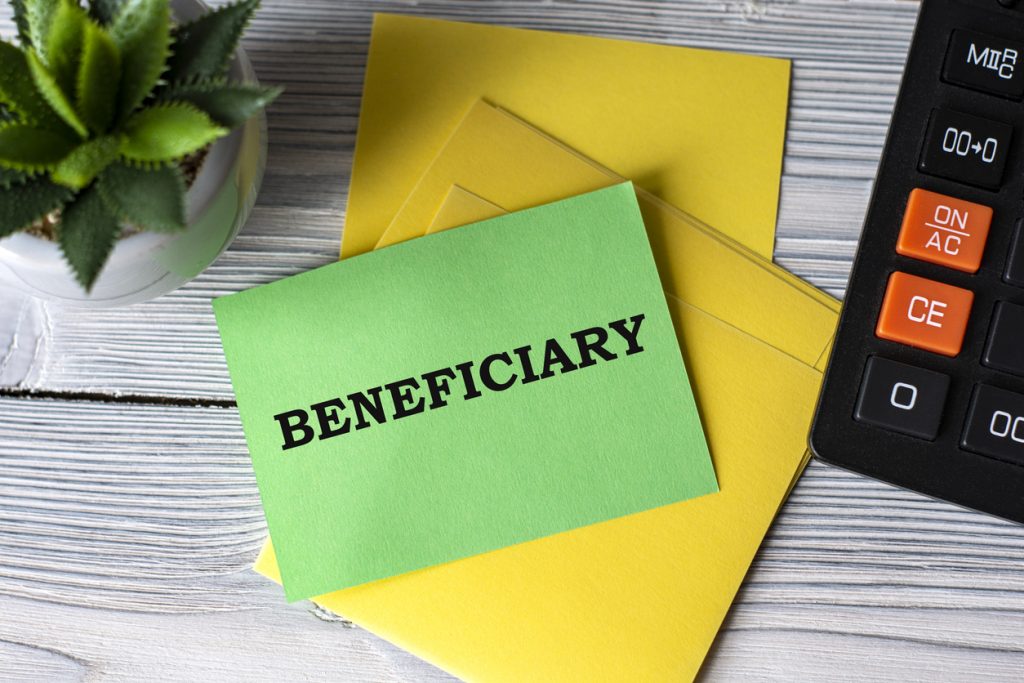You likely have a Will or you’re planning on drafting one to direct how you’d like your assets distributed when you die. Doing so is an important part of a responsible financial plan but it’s not the only way to effectively pass assets on to your heirs.
A beneficiary designation is often a more streamlined way to direct who can receive certain assets. You may be familiar with beneficiary designations from life insurance policies you have but this tool is also available for accounts like a Registered Retirement Savings Plan (RRSP), Registered Retirement Income Fund (RRIF) or a Tax-Free Savings Account (TFSA).
In most cases, when you designate a beneficiary on these accounts, the assets in them pass directly to the person you name and aren’t included in your estate, whose assets are subject to your Will.
What are the benefits of designating beneficiaries?
There are really three primary reasons to designate beneficiaries: to save tax on probate assets, to save time in transferring assets to your loved ones and to delay or avoid seizing of assets by creditors.
- Reducing probate tax: In most jurisdictions in Canada, there is a probate tax — it’s called the estate administration tax in Ontario — that is 1.5% or so of your assets. If, for instance, the value of assets you’re leaving in your Will is $1 million, your estate will pay about $15,000 to the government before the remainder is distributed to your heirs. By designating beneficiaries on certain assets, those assets are distributed directly to them, reducing your total probate tax.
- Speed: Another advantage to designating beneficiaries is immediacy. Claims are usually processed within days or weeks so funds from any non-probate assets can be transferred to the beneficiary quickly. This often provides peace of mind to beneficiaries who know they’ll receive funds quickly so they can deal with unforeseen expenses related to your passing.
- Creditors: Finally, creditors usually have the right to seize estate assets to recuperate funds owed to them. Designating a beneficiary on an asset ensures that particular asset is transferred to a beneficiary before a creditor. It doesn’t, however, guarantee that a creditor won’t subsequently sue the beneficiary to recover their funds.
What assets qualify as non-probate assets?
You can’t designate beneficiaries for all of your assets — doing so wouldn’t make a Will very useful. But like pensions, RRSPs, TFSAs and life insurance can pass directly to a named beneficiary.
While you can’t designate a beneficiary on property, you can add other family members or heirs to the title to avoid probate and possibly estate taxes — although this would also give these title holders some control over your property when you’re alive too. Regarding these and other assets, rules may differ based on the province or territory where you live — ask your advisor for more details.
How often should you review your beneficiary designations?
I make it a point to review them as a housekeeping matter every time I meet with my client, just to make sure there haven’t been any changes that might affect designations, like deaths or divorces.
One more thing to keep in mind
If you designated a beneficiary on, say, an insurance policy last year but this year you updated your Will and made reference to that insurance policy, the designation will have effectively been overridden by the more recent Will. The reverse is true as well: if you designate a beneficiary after you draft a Will, that designation overrides it.
These and other details make it vital for your financial advisor and lawyer to stay up to date on your Will and any designations you’ve made or plan to make. It’s a smart strategy to help avoid potential conflicts later on.

